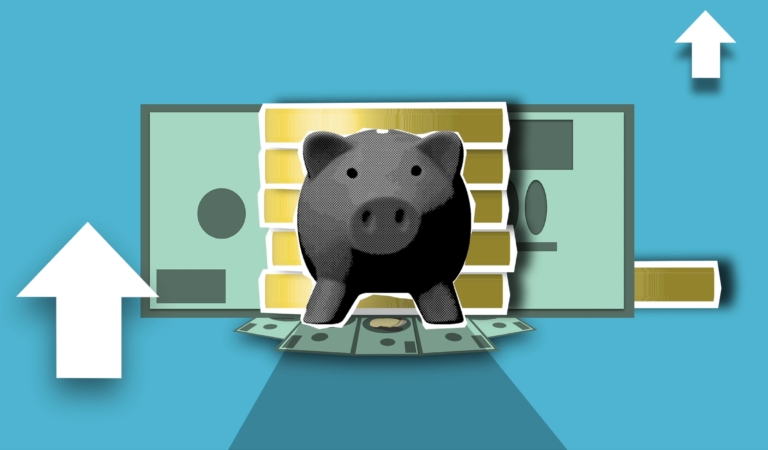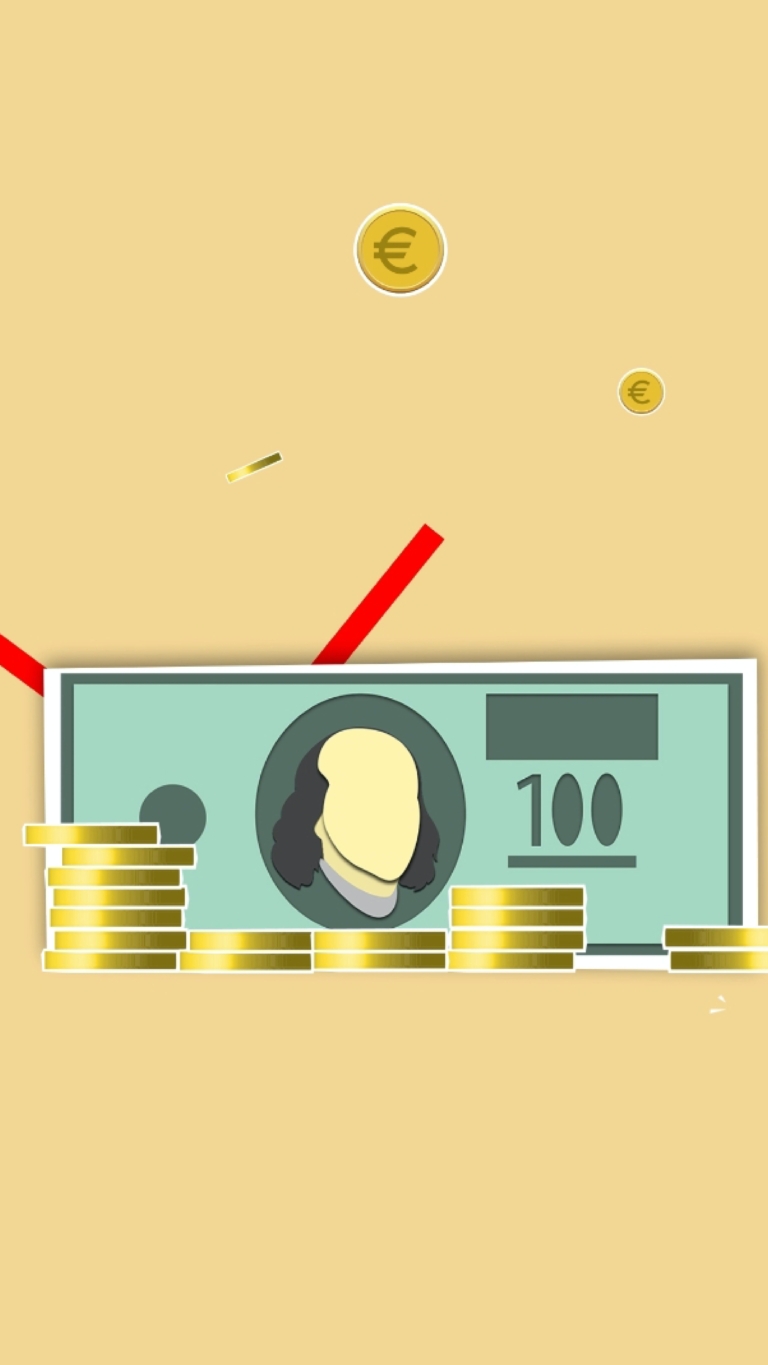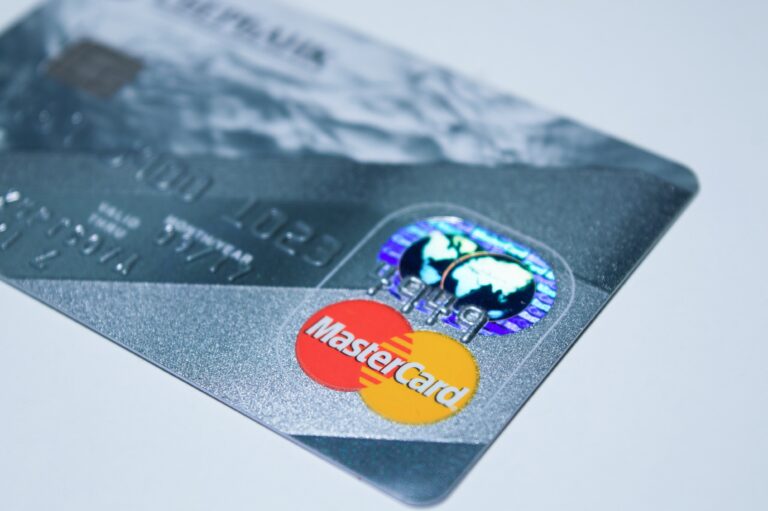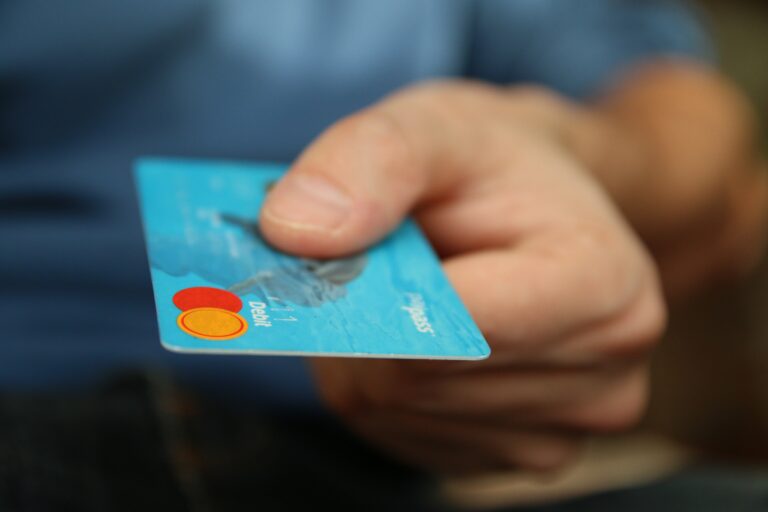Debt can be a major source of stress and anxiety, but it doesn’t have to be a lifelong burden. With the right strategies and mindset, you can pay off your debts and achieve financial freedom.
In this article, we’ve shared several tips and techniques for paying off debt, including creating a budget, building an emergency savings fund, reducing monthly bills, and generating extra income. By following these steps and staying committed to your financial goals, you can take control of your finances and pave the way towards a brighter financial future.
The Debt Snowball Method
If you’re struggling with multiple debts and don’t know where to begin, the debt snowball method might be the solution for you. This debt reduction strategy involves paying off your debts from the smallest to the largest balance. Here’s how it works:
- List all your debts from smallest to largest balance.
- Make minimum payments on all your debts except the smallest.
- Put as much money as you can towards paying off the smallest debt.
- Once the smallest debt is paid off, take the money you were using to pay it off and apply it to the next smallest debt.
- Repeat this process until all your debts are paid off.
The debt snowball method is based on the idea that small wins can provide the motivation and momentum to tackle larger debts. By paying off your smallest debts first, you’ll experience a sense of accomplishment and motivation to continue the process until all debts are paid off.
Of course, it’s important to still make minimum payments on all your debts to avoid late fees and damage to your credit score. But by focusing on one debt at a time, you can make steady progress toward becoming debt-free. If you’re feeling overwhelmed by your debts, give the debt snowball method a try. It’s a simple and effective strategy that can help you get on track towards financial freedom.
The Debt Avalanche
The debt avalanche is a debt reduction strategy where a person pays off their debts in order of highest to the lowest interest rate. The idea behind this strategy is to save money in interest charges over the long run, as the debts with the highest interest rates cost the most to maintain. Here’s how it works:
- List all your debts from highest to lowest interest rate.
- Make minimum payments on all your debts except the one with the highest interest rate.
- Put as much money as you can towards paying off the debt with the highest interest rate.
- Once the debt with the highest interest rate is paid off, take the money you were using to pay it off and apply it to the next debt with the highest interest rate.
- Repeat this process until all your debts are paid off.
The debt avalanche method can help you save money in the long run by reducing the amount of interest you pay over time. However, it may take longer to pay off your debts using this method compared to the debt snowball method, as it does not focus on quick wins and small successes.
Ultimately, the choice between the debt snowball and debt avalanche methods depends on your personal preference and financial situation. Both strategies can be effective in reducing debt, so it’s important to choose the one that works best for you.
Debt Consolidation
Debt consolidation is a financial strategy that involves taking out a new loan to pay off multiple existing debts. The idea is to consolidate multiple high-interest debts into a single loan with a lower interest rate, which can make it easier to manage your debts and potentially save money in interest charges over time. Here’s how it works:
- Apply for a debt consolidation loan from a lender, such as a bank or credit union.
- Use the loan to pay off all your existing debts, such as credit card balances, personal loans, and medical bills.
- Make monthly payments on the new loan until it’s fully paid off.
Debt consolidation can be an effective way to simplify your finances and potentially save money in interest charges. However, it’s important to carefully consider the terms of the new loan, such as the interest rate, fees, and repayment period. In some cases, a debt consolidation loan may actually increase your overall debt if you’re not able to pay it off in a timely manner.
If you’re considering debt consolidation, it’s a good idea to speak with a financial advisor or credit counselor to determine if it’s the right strategy for your unique financial situation.
Cut expenses
One of the most effective ways to achieve financial stability is by cutting expenses. By reducing unnecessary expenses, you can save money, pay off debt, and achieve your financial goals. In this section, we’ll explore some tips and strategies for cutting expenses so you can take control of your finances and build a secure future. Here are some tips on cutting expenses:
- Create a budget: Make a list of your monthly expenses and income to see where your money is going. Identify areas where you can cut back and set goals for reducing your spending.
- Reduce dining out: Eating out can be a major expense, so try cooking at home more often. You can also meal prep or batch cook to save time and money.
- Shop for deals: Look for sales, coupons, and discounts when shopping for groceries, clothes, and other items. Consider buying in bulk or shopping at discount stores.
- Cancel subscriptions: Review your subscriptions and cancel any that you’re not using or don’t need. This could include streaming services, gym memberships, or magazine subscriptions.
- Cut back on utilities: Lower your electricity and water bills by turning off lights and appliances when not in use, taking shorter showers, and installing energy-efficient light bulbs.
- Use public transportation: If possible, consider using public transportation instead of driving. This can save money on gas, parking, and car maintenance.
- Evaluate your insurance: Review your insurance policies and shop around for better rates. You may be able to save money by bundling policies or increasing your deductibles.
- Negotiate bills: Contact your service providers, such as cable and internet companies, to negotiate better rates or consider switching providers.
Cutting expenses can be a challenging but necessary step toward achieving financial goals. By making small changes and being mindful of your spending, you can reduce your expenses and save money over time.
Debt Management Plan
A debt management plan (DMP) is a program designed to help individuals who are struggling with unsecured debts, such as credit card balances, medical bills, and personal loans. A DMP typically involves working with a credit counseling agency to create a plan for repaying your debts over time. Here’s how it works:
- Contact a reputable credit counseling agency to schedule a consultation.
- The credit counselor will review your financial situation and work with you to create a budget and debt management plan.
- The counselor will contact your creditors to negotiate lower interest rates, waived fees, or other concessions that can make it easier to pay off your debts.
- You’ll make monthly payments to the credit counseling agency, which will distribute the funds to your creditors according to the debt management plan.
- You’ll continue to make payments until all your debts are paid off.
A debt management plan can provide several benefits, such as lower interest rates, waived fees, and a structured plan for paying off debts. It can also help you avoid bankruptcy or other extreme measures for dealing with debt.
However, it’s important to choose a reputable credit counseling agency and carefully review the terms of the debt management plan. Some agencies may charge high fees or offer unrealistic promises, so it’s important to do your research and choose an agency that has a good reputation and is accredited by a recognized organization. If you’re struggling with debt, a debt management plan may be a helpful option to consider. Working with a credit counselor can provide guidance and support as you work towards becoming debt-free.
Follow A Budget
Following a budget is an essential step towards achieving financial stability and reaching your financial goals. Here are some tips for following a budget:
- Set clear goals: Before creating a budget, identify your financial goals. Whether you’re trying to pay off debt, save for a down payment on a home, or build an emergency fund, having a clear goal in mind can help you stay motivated and focused.
- Track your expenses: Keep track of all your expenses, including bills, groceries, transportation, and entertainment. You can use a spreadsheet, an app, or pen and paper to track your expenses.
- Categorize your expenses: Once you’ve tracked your expenses, categorize them into fixed expenses (rent, mortgage, car payments) and variable expenses (entertainment, dining out, shopping). This will help you identify areas where you can cut back.
- Create a realistic budget: Based on your income and expenses, create a budget that is realistic and achievable. Be sure to include a line item for savings and emergency expenses.
- Review your budget regularly: Review your budget regularly to make sure you’re staying on track. If you find that you’re consistently overspending in a certain category, consider adjusting your budget accordingly.
- Be flexible: Life happens, and unexpected expenses may arise. Be prepared to adjust your budget as needed and stay committed to your financial goals.
Following a budget can be challenging, but it’s a crucial step towards achieving financial stability. By tracking your expenses, categorizing your spending, and creating a realistic budget, you can take control of your finances and achieve your financial goals.
Build An Emergency Savings Fund
Building an emergency savings fund is a crucial step towards achieving financial stability and being prepared for unexpected expenses. Here are some tips for building an emergency savings fund:
- Set a savings goal: Determine how much money you need to save for emergencies. Most financial experts recommend saving three to six months’ worth of living expenses.
- Make it automatic: Set up automatic transfers from your checking account to a dedicated savings account. This ensures that you’re consistently saving money without having to think about it.
- Cut expenses: Look for ways to reduce your monthly expenses, such as cutting back on dining out or canceling unused subscriptions. The money you save can go towards your emergency fund.
- Use windfalls: If you receive unexpected income, such as a bonus or tax refund, consider putting a portion of it towards your emergency fund.
- Start small: If saving three to six months’ worth of expenses seems daunting, start with a smaller goal and work your way up. Every little bit helps, and even having a small emergency fund is better than having none at all.
- Keep it separate: Keep your emergency savings separate from your other savings or checking accounts. This will help you avoid dipping into your emergency fund for non-emergency expenses.
Building an emergency savings fund takes time and dedication, but it’s an essential step toward achieving financial stability. By setting a savings goal, making regular contributions, and cutting expenses where possible, you can create a safety net that provides peace of mind in case of unexpected expenses.
Lower Monthly Bills
Lowering your monthly bills is an effective way to save money and free up funds for other expenses. Here are some tips for reducing your monthly bills:
- Negotiate with service providers: Contact your service providers, such as cable, internet, or phone companies, and negotiate for better rates or promotions. You can also shop around and compare prices to ensure you’re getting the best deal.
- Cut subscriptions: Review your subscriptions, such as streaming services or gym memberships, and cancel any that you’re not using or don’t need. You can also look for free or lower-cost alternatives.
- Reduce energy usage: Lowering your energy usage can help reduce your utility bills. Consider turning off lights and electronics when not in use, using energy-efficient light bulbs, and adjusting your thermostat to save on heating and cooling costs.
- Refinance loans: Refinancing high-interest loans, such as credit card debt or personal loans, can lower your monthly payments and reduce your overall interest charges.
- Use coupons and discounts: Look for coupons and discounts when shopping for groceries or other items. You can also consider buying in bulk or shopping at discount stores to save money.
- Avoid unnecessary expenses: Be mindful of unnecessary expenses, such as eating out or buying luxury items, and look for ways to cut back. This can free up money to pay off debt or build up savings.
By taking these steps to lower your monthly bills, you can save money and free up funds for other expenses. It’s important to regularly review your expenses and look for ways to cut costs in order to achieve your financial goals.
Generate Extra Income
Generating extra income is a great way to boost your savings, pay off debt, and achieve your financial goals. Here are some tips for generating extra income:
- Start a side hustle: Consider starting a side business, such as freelancing or selling products online. You can use your skills and hobbies to create a business that generates income.
- Participate in the gig economy: Many companies offer gig economy jobs, such as driving for ride-sharing services or delivering food. These jobs can provide flexible schedules and extra income.
- Sell items you no longer need: Look for items in your home that you no longer need or use, and sell them online or at a garage sale. This can provide extra cash and declutter your home.
- Rent out your property: If you have a spare room or property, consider renting it out on platforms like Airbnb or VRBO. This can provide extra income while also meeting new people.
- Offer your services: If you have a skill or service to offer, such as tutoring or pet-sitting, consider offering your services to others for a fee.
- Participate in paid surveys: Some companies offer paid surveys, where you can earn money for providing your opinion or feedback.
By generating extra income through these methods, you can increase your earnings and achieve your financial goals faster. It’s important to find a side hustle or job that works for your schedule and lifestyle and to manage your time and finances effectively.
The Bottom Line
Paying off debt requires dedication, discipline, and patience. But by using the strategies we’ve outlined in this article, you can take the first steps towards becoming debt-free. Remember to create a realistic budget, build an emergency savings fund, cut expenses, and find ways to generate extra income. Most importantly, don’t give up. With persistence and hard work, you can pay off your debts and achieve financial freedom.









